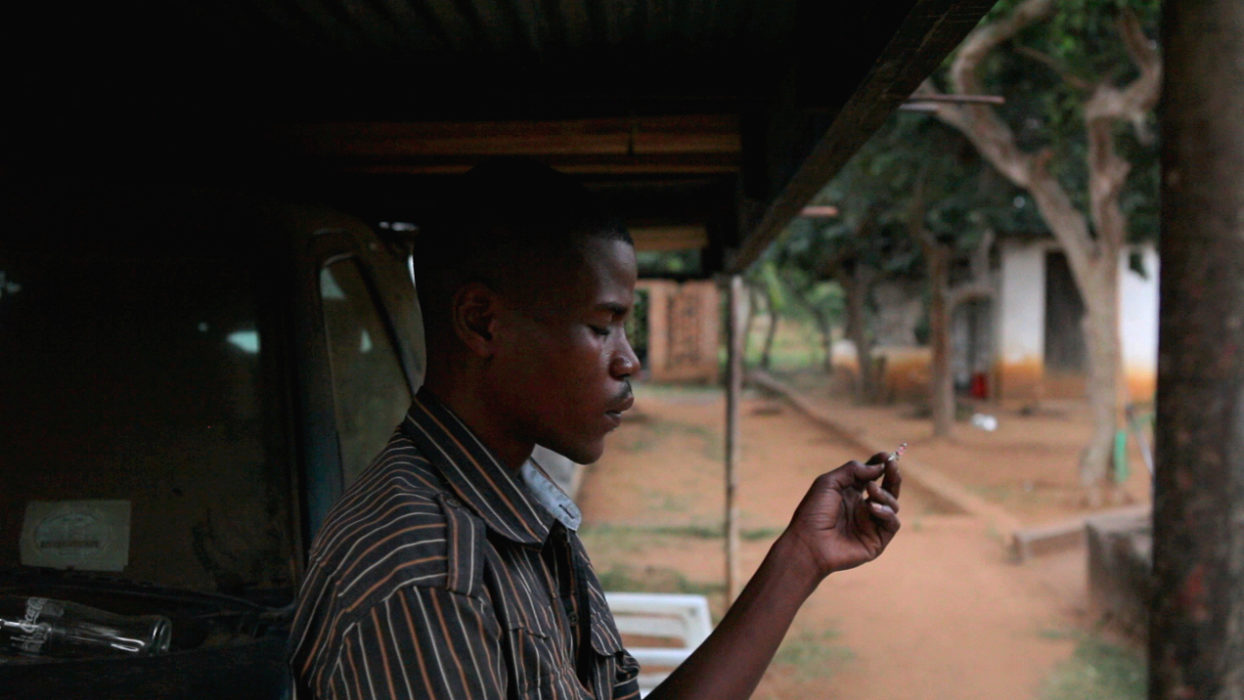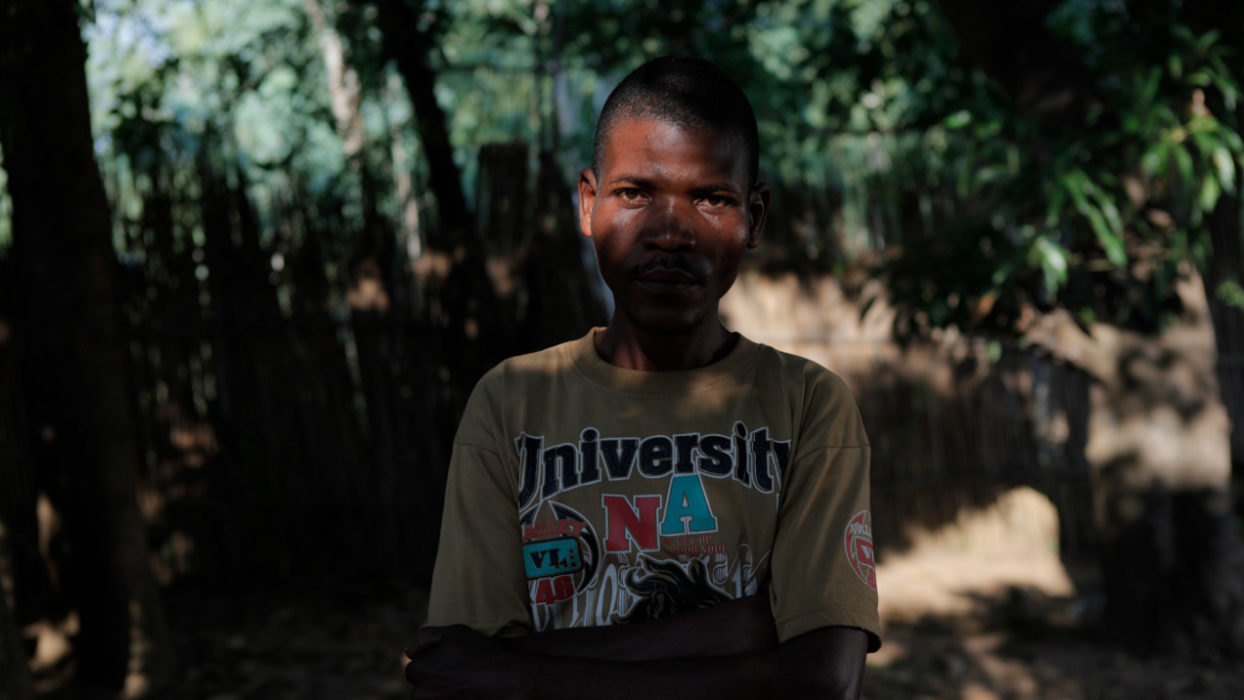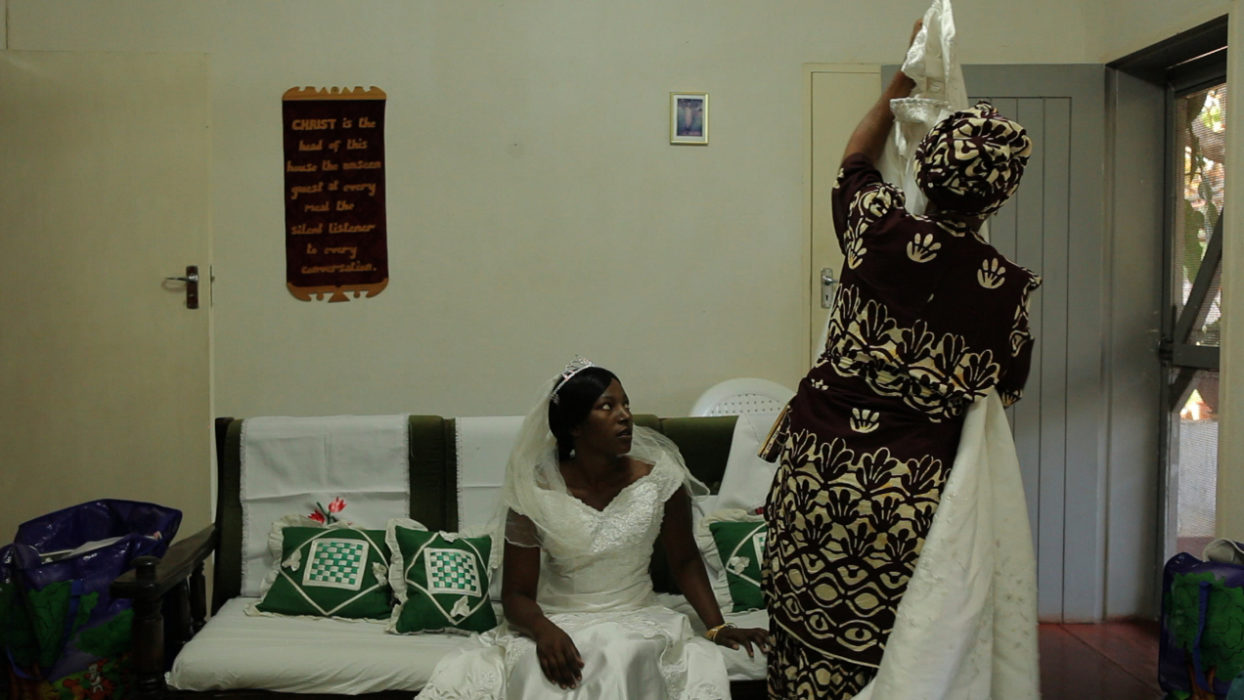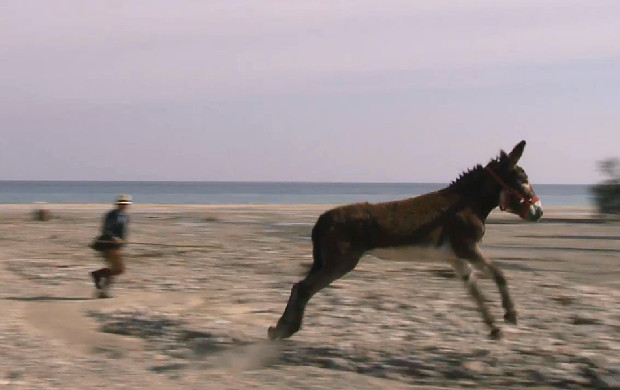The Benevolent Dictator
- 2016
- Austria; France
- 35 minutes
- German
A Viennese Jew who left Austria in 1938 under the Kindertransport scheme, Norbert Abeles became a British colonial civil servant in Africa in the 1950s. Now in his nineties, he lives in Malawi, where he remarried, after working many years for organisations such as Unesco, but also African despots. The filmmakers film the present day, without recourse to archive material, and create a tension between the testimony of this previously abused child, who had to toughen up to survive, and images of his current life. In his adopted country, his relatively wealthy situation long ago established unequal relationships between his twelve domestics, his wife and himself. “I knew that Malawi wasn’t democratic, I’d seen lots of dictatorships… You set that aside and turn the situation to your advantage.” Midway between a lucid analysis of colonial mechanisms (especially economic ones) and outright cynicism, his discourse becomes even more disquieting when contrasted with the daily and almost silent situations of his entourage working for him non-stop. Close to the grating and direct dryness of an Ulrich Seidl, the tone of The Benevolent Dictator uses the acuity of this experienced gaze to understand the deliberate perpetuation of a quietly dictatorial worldview. The film’s chilling ending looks like a “QED”. (Charlotte Garson)
- Production : schaller08; Supersonicglide
- Editing : Bernhard Braunstein; Martin Hasenöhrl; Lucile Chaufour
- Sound : Bernhard Braunstein
- Photography : Martin Hasenöhrl; Bernhard Braunstein
- Copy Contact : schaller08






